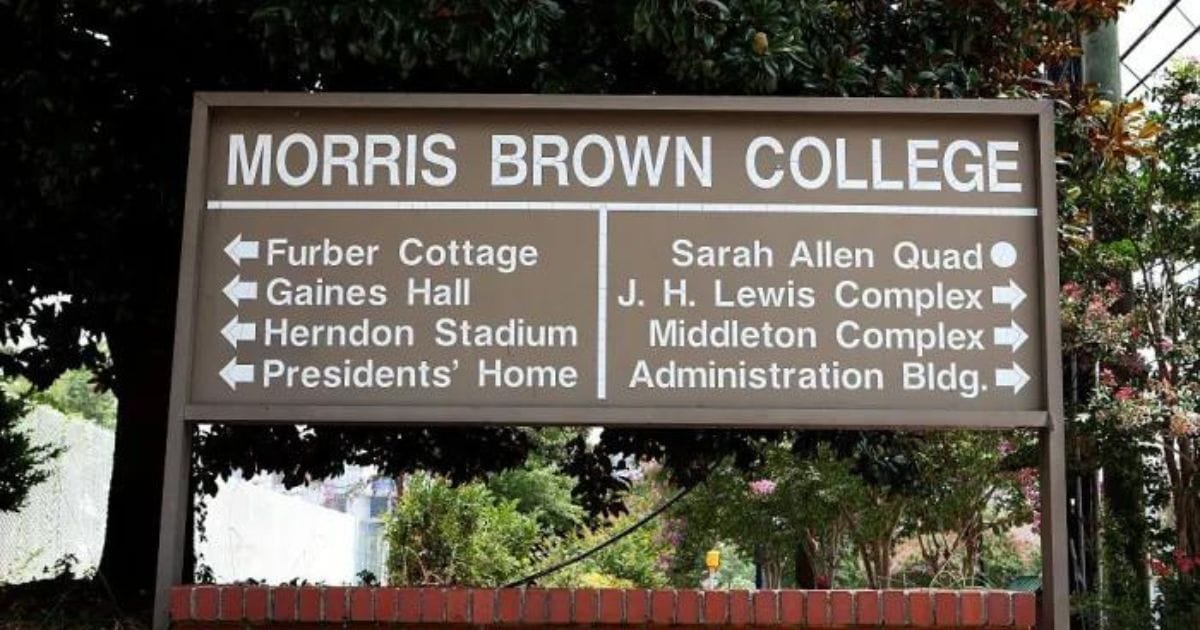Morris Brown College has rescinded its temporary mandate requiring students and faculty to wear masks while on campus.
The small Atlanta HBCU received some pushback after it decided to reinstate the mask mandate last month after a rise in positive COVID cases at the Atlanta University Center (AUC).
Although Morris Brown College lifted its mandate the school says they, “maintain an unwavering commitment to upholding a secure environment for all.”
The school plans to follow CDC guidelines for safety measures including, temperature checks for those who enter campus, contact tracing, and suggested quarantine for those who test positive.
“Ensuring the safety and well-being of our Morris Brown College community remains paramount to this administration,” President Kevin James said in a campus letter to students and faculty.
According to The Atlanta Journal-Constitution, the private Atlanta HBCU announced the unexpected news Aug.18 in a letter to faculty, staff and students. The mandate was supposed to last two weeks and notice was posted to Morris Brown’s Instagram account Aug. 20.
The AUC is the oldest and largest consortium of African American higher education institutions in the United States. The center consists of four historically Black colleges and universities: Clark Atlanta University, Spelman College, Morehouse College and Morehouse School of Medicine.
New cases are on the rise.
As of Aug. 5. Georgia has seen a swift uptick in COVID-19 cases. According to the CDC, 399 cases were confirmed and hospitalizations rose by 29.5 percent in early August. While much lower than in 2022, the jump marks a significant increase since the start of the COVID-19 pandemic.
Health experts say that the new EG.5 variant may be to blame for the sharp increase. According to CNN, EG. 5 accounts for about 17 % of new COVID cases across the U.S. While it does seem to be more transmissible than other strains, symptoms associated with the new variant do not appear to be more severe.
“I do expect that there will be widespread infections, and I would expect that those widespread infections would generally be mild,” Dr. Dan Barouch, an immunologist at Harvard University told CNN. “The people who are at high risk for severe disease, obviously, have to continue to take precautions.”
This article originally appeared on NewsOne.






